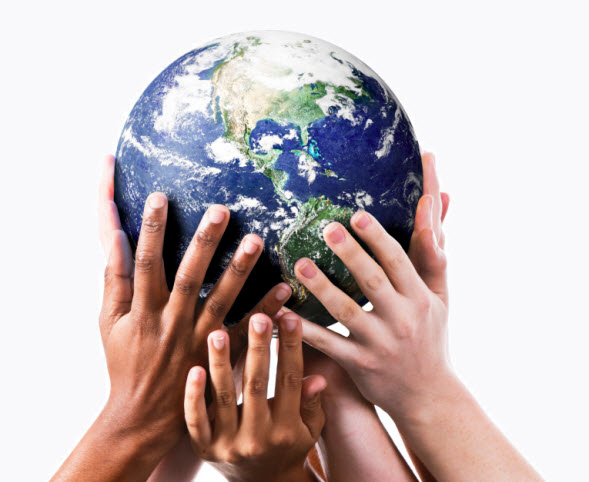Where Were FIFA’s Ethical Leaders?

The World Cup is one of the largest and most exciting events in the world of sports. It is an opportunity for countries to compete for the rites of passage into the soccer hall of fame, bragging rights for their country as well as while the competition is happening, set aside differences between two countries outside of the arena.
Currently, the 2015 FIFA Women’s World Cup in Canada is captivating sports fans of all ages. However, charges of racketeering, wire fraud, money laundering, bribery and other offenses committed by top FIFA officials are hanging over the world’s most popular sport like a dark cloud waiting to release a torrential down pour.
As we all know, scandals are nothing new to business and sports, however what I find interesting is that it took the U.S. government bringing the hammer down on FIFA’s top officials for the scandal to be unraveled.
So you have to wonder how many people knew about this scandal? How much work was done to “cover it up”? Where were the ethical leaders taking a stand for what is right?
Soccer is the most popular sport across the world. When FIFA elects its officials to oversee its activities, it is the public understanding these officials will conduct themselves in the most ethical manner doing what is best for the game of soccer. What is disheartening is the corruption didn’t just start recently, but has been an ongoing part of their regular operations and business for decades.
As ethical leaders, it is vital that we do not allow a culture of unethical practices to persuade our decision to do what’s right. I have read and heard of many leaders who initially had great intentions, however accommodated their beliefs and committed unethical practices due to pressures from the top down. They had a fear of unemployment and their personal well-being.
In FIFA’s case these top officials now face 42 accounts of charges against them, all because no one stood up for what was right and from what it looks like, fraud was just a part of their corporate culture.
Organizations implement ethics and compliance procedures for a reason and as an employee it is important you understand the proper steps to take if you are faced with an ethical dilemma. Your decision to do the right thing could be the difference between doing time behind bars and not.
Below are examples of questions each organization should consider:
- Does your company have a hotline to report unethical practices?
- Is there a policy in place if you are asked to do something unethical or notice something that you question?
- Is there a process in place to report unethical practices anonymously?
- Is there an incentive for being a “whistle blower?”
Besides internal policies, there are ways to report unethical practices outside of your organization. The SEC has now established a whistleblower program that provides whistleblowers with a monetary reward for uncovering scandals to help minimize the overall harm towards the public and investors. It is important to know your company’s reporting procedures as well as options outside of your company.
Some ethical dilemmas can be addressed within the company. But in the case of FIFA, due to its top officials participating in this scandal for decades, this is something that needed an outside party to step in. When it is deeply enmeshed in a company’s culture, then it will rarely be resolved internally.
Now FIFA must not only deal with the issue at hand, but the ripple effect of the negative perception of their organization for years to come.
Use FIFA’s bad judgement as a learning experience and know your plan of action if you experience an ethical dilemma.
As Always… Ethics First!
— Ron Taylor
Student Programs and Development Specialist, NASBA Center for the Public Trust




